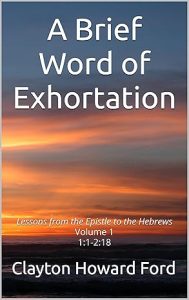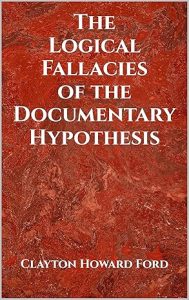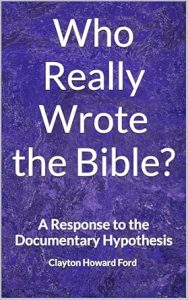Lesson 12
10. The Resurrection of the Dead
We have seen that the central doctrine of Christianity is the resurrection of Christ.
Paul says in 1 Corinthians, “And if Christ is not risen, your faith is futile; you are still in your sins!” (1 Cor. 15:17). If Christ did not in fact rise from the dead, there is no Christianity. But Paul also says, “For if the dead do not rise, then Christ is not risen” (1 Cor. 15:16). So, to believe in the resurrection of Christ, one must also believe in the resurrection of the dead.
The resurrection of the dead includes both the believers and the unbelievers (John 5:24-29).
We are not resurrected as spirit only, but as spirit, soul, and body. However, the body that we will receive at our resurrection is different from the one we have now (1 Cor. 15:35-58).
All of the examples Paul cites have a physical body. So, too, our resurrected bodies will be physical. However, they are called spiritual bodies because they will be free from sin. Our spirits will finally control our bodies instead of the other way around.
In short, our resurrected bodies will be just like the resurrected body of Christ (Phil. 3:17-21).
Paul says that flesh and blood cannot inherit the kingdom of God (1 Cor. 15:50). Jesus said that his resurrected body consisted of flesh and bones (Luke 24:36-39). His resurrected body did not have blood because he had shed it for us. So, too, our resurrected bodies will not have blood. In this sinful body, the life resides in the blood (Lev. 17:11). But now Christ is our life (Col. 3:1-4), so we will no longer need blood to sustain us. That is how we can be resurrected with physical bodies and still inherit the kingdom of God.
The unbeliever, however, will not be resurrected with an incorruptible, spiritual body. He or she will be given back his or her sinful, natural body, which is why he or she cannot inherit the kingdom of God and why he or she will suffer forever in the lake of fire.
11. Eternal Judgment
In Matt. 25:31-46, Jesus makes two things perfectly clear:
- Only two fates await everybody.
- Jesus will decide what everyone’s fate will be.
Jesus makes the same two points in John 5:21-30, but adds one more point: those who believe are not under judgment.
Only the unbelievers will actually stand before God and Jesus on Judgment Day. This Day is depicted in Rev. 20:1-15. It is known as the Great White Throne Judgment because God sits on a great white throne when he judges the people. Eternity for unbelievers is determined by their works, and all of their works are found wanting. So all of them are cast into the lake of fire, where they will be punished for eternity.
Eternity for believers, however, is not determined by their works. Believers are saved by grace through faith (Eph. 2:8). But the works of the believers do determine their rewards.
Paul tells us in 1 Cor. 3:6-17 that our works will be subjected to fire. He pictures our works as components to a building. What is that building? The Church. What will be tested, therefore, is how well we contributed to building up the Church. If we did well, we will receive a reward. If not, we will suffer loss.
That is why Paul says that each of us must stand before the judgment seat of Christ, “that each one may receive the things done in the body, according to what he has done, whether good or bad” (2 Cor. 5:9-10). In the Greek, this judgment seat is called the bema, which is why this judgment is called the bema seat judgment. The Roman proconsuls would sit on the bema when they acted as judges. Jesus will sit on the bema in heaven when he judges our works. It is a judgment only for Christians and it does not determine our eternity, only our rewards.








